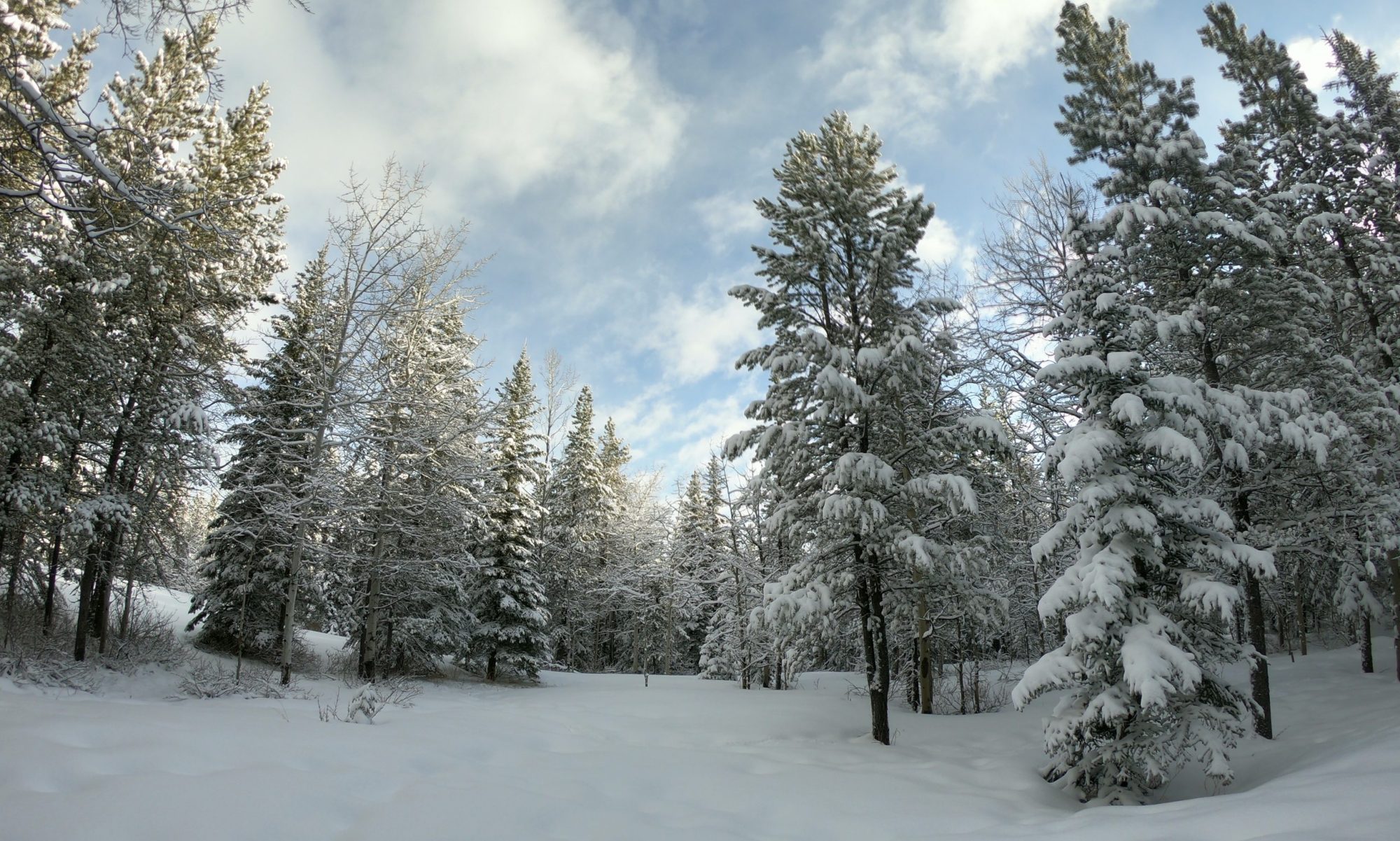One of my favourite winter words is apricity.
a-PRIS-uh-tee
Simply, it means the warmth of the sun in the winter.

It is a poetic word, in a way.
The word apricity has an ineffable quality in that it is difficult to articulate what it means to someone who has never gone for a long winter walk under a brisk blue sky and felt the radiant heat of the sun on your cheeks contrasting with the frozen air.
Apricity is the tangible tingling that pat your on the shoulders when you break from the shadows of snow-covered trees and step out into a ray of sunlight.
The feeling of the sun crawling over the horizon late in the morning of a deep winter run and warming the bits of exposed flesh chilled by the pre-dawn trails is apricity.
I live in a climate where apricity is less rare, but still a cherished moment in which to pause and let it all wrap around you like a wool blanket no matter where you are or what you are doing.
The warmth of the sun in the winter. Apricity.
